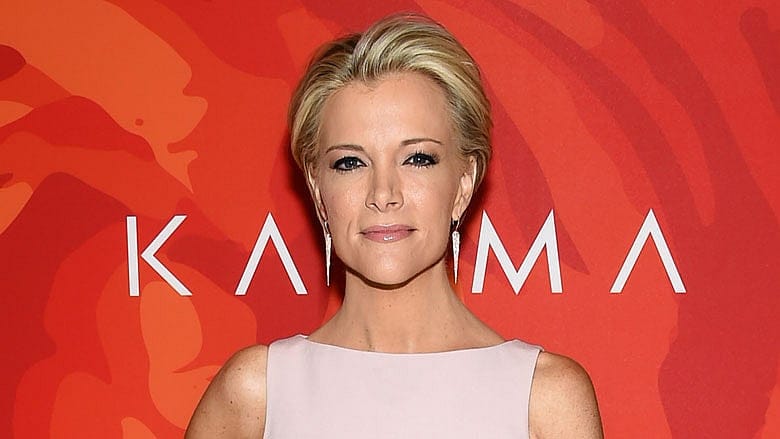Settle for More

Settle for More is an autobiography by 46-year-old Megyn Kelly. Ms. Kelly is familiar to many as the host of her own show on Fox TV but more widely known as a one-time nemesis of Presidential candidate, now President-elect Donald Trump. The well articulated book envelops Kelly's psychological trajectory from tom-boying to television personality in 324 easy-reader pages.
Megyn Kelly's tenacious spirit echoes throughout Settle for More's reiteration of challenge. As a student, in personal relationships and in business the chronicle's wider message is testimony that for Kelly achieving more as a lawyer, broadcaster wife and mom have been the result of courage, determination, and will. Ambition, beauty and education are not the only assets that make the journalist a triple threat. In detail she explains she's also benefited from the love of a closely knit family, a therapist, and supportive colleagues in her best and worst days.

